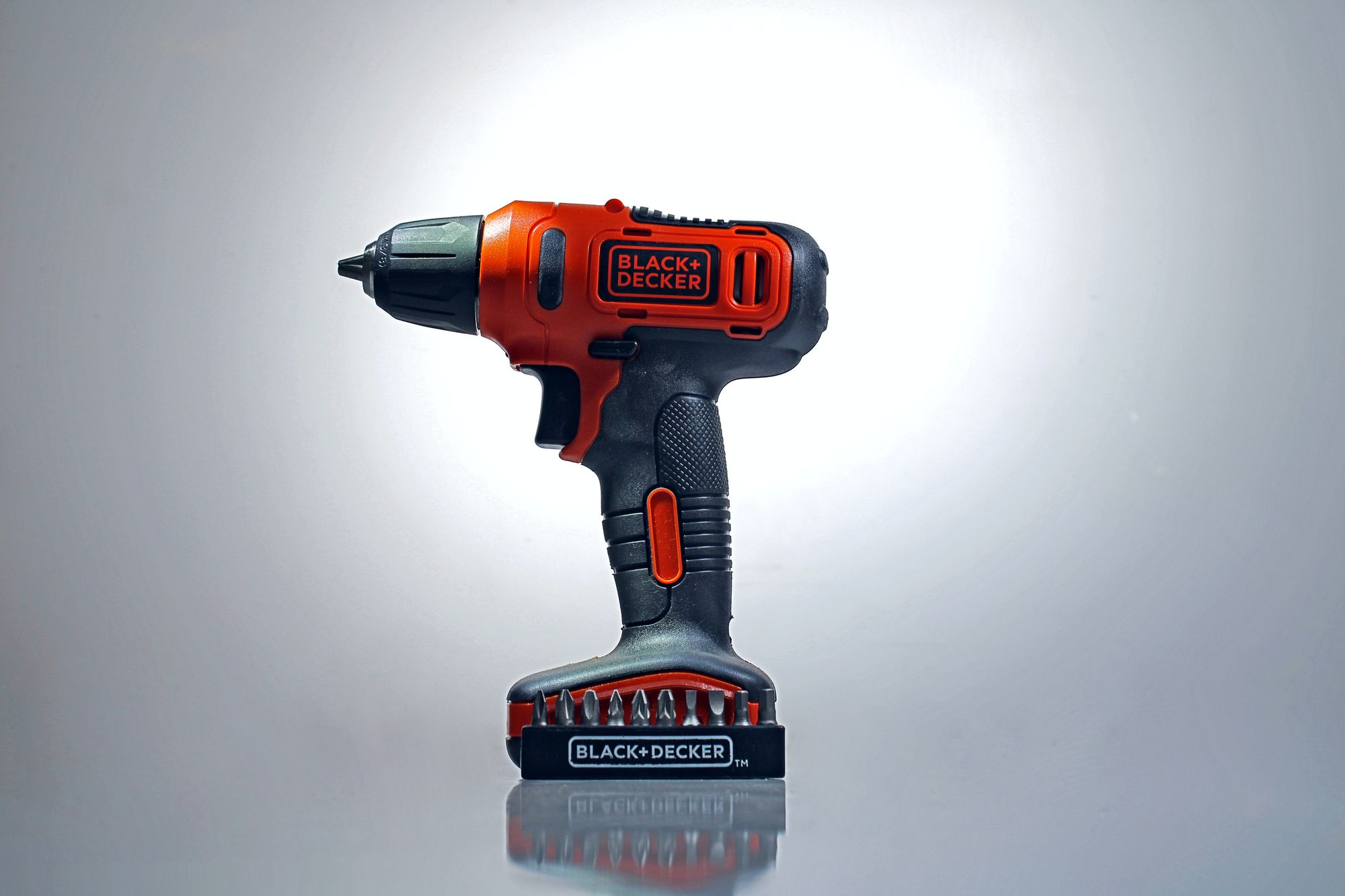Quality Not Quantity

Quality Not Quantity
As a whisky enthusiast (some would say anorak) I inevitably came across Ralf Mitchell aka “Ralfy” on YouTube. Ralfy is a character. He certainly has the gift of the gab and has some great turns of phrase - he is Scottish after all. Anyways, one of his little catchphrases is ‘Keep it Quality, Not Quantity’. His message being: don’t buy cheap paint stripper blended whisky just to get hammered, but rather buy better quality single malts less often and take your time with them. Thus, you’ll have a far better experience from something of far superior quality.
This ethos is something that I have tried to apply in my day-to-day life for a while now. No more stacking high, buying cheap. Rather, stacking low and paying a bit more for quality.
And I will state now that I am not rich. I’m not even remotely well off. Technically in the UK where I’m based, I’m probably classed as poor. And actually, that’s why I think it’s even more important to follow the ‘Quality over Quantity’ principle. I believe that there is so much to be gained by buying fewer goods that will last longer, fit, and feel better, taste better, and give you more overall satisfaction and quality of life.
There is an expression that only a rich man buys cheap tools. There is so much truth to that. For example, buy a cheap drill, it will inevitably do an inferior job, be harder to use, and ultimately need to be replaced far sooner than if you had spent double on one that will last you five times as long.

Let’s just take that example in numbers for illustrative purposes. Say you bought a cheap 'special price buy' drill from a local German discount supermarket for say £45 with the added bells and whistles – drill bits and bobs that you’ll never need and that snap after half a use. Say the drill lasts a year. You then need to buy one in the following year’s ‘special buy’ week, this time for £55 – accounting for inflation etc. It lasts as year. The following year… you get the drill (broom cha!), the following year it’s going to be £65. £75. £85. Now, if you would have just bought a full price, reputable brand at your local hardware shop – sadly now known as Amazon – for say around £100 and that drill lasts you five years your quid’s in. Compare that with the whopping £325 buying a new drill each year. That’s your initial £45 and the subsequent years replacement service - £55+£65+£75+£85. Total £325. You can see why only rich men buy cheap tools. If cash is tight, you can’t afford to be wasting money on inferior quality products.
“I’ve had my German Supermarket Drill for 10 years!” I hear you cry. And “those figures are inflated”. Well yes, and yes. You can occasionally find quality at bargain basement prices. It happens. And has to me too. (More on quality on a budget later). And yes, those figures may be a little high – it’s for dramatic effect after all. But my point is: buying cheap and expecting things to last is the exception rather than the rule.
And may I also state for the record that I shop at a discount German supermarket – I’m not supermarketist or whatever label would be hurled at me. Snob most likely. Well, I’m not a snob. But when it comes to most products there is such a thing as false economy. I believe in a truer economy. Having less but getting more.

False Economy
A recent example of me not following my own rule – I’ll blame this one on my wife - and its failure, really illustrates the point of false economy. I’d wanted a pair of Apple AirPods for a while but hadn’t really been able to justify it. So, on a whim whilst shopping with the family, I buy a pair of cheap £20 hands free white headphone buds. Mistake! Aside from the obvious inferior sound quality, it turns out they don’t charge properly, they don’t fit their case properly and infuriatingly they have two flashing blue lights on either side. Of course, they don’t advertise that on the box. (And while we are here, who designs headphones that makes their user look like a human police car tearing up the road on their daily jog?!) Suffice to say, after being able to use the cheap ones only twice, and that being after about 10 attempts. Battery low, yet I’d just charged them. One bud charged, other flat. Yet I’d just charged them. Blah, Blah, Blah. £10 per use. False economy.
So, I went out and did what I should have done at the beginning, bought some official Apple AirPods. Like the drill example above, it cost me more in the long run. £200 for the pods plus £20 for the dud buds. Net waste of £20. False economy.
As the apple demigod Steve Jobs himself put it: “Quality is more important than quantity. One home run is much better than two doubles.” Can’t put it any better than that. Apple even win in the quotes department!

Know Yourself, Know Your Circumstances
Now in my case I should never have bought the knock off buds. I have an iPhone, iPad, MacBook and Apple Watch. The official headphones fit in beautifully with the whole Apple ecosystem. Which I love. (As you may have guessed?!) So, I was always going to be disappointed with the inferior copies. I know myself, I know what I class as quality. I know what would add value and ease to my daily life.
I should have trusted my gut on this one.
Now, In case you’re wondering I’m not being sponsored by Apple. They don’t exactly need the marketing, do they? I just happen to think that they produce products that epitomise superior design, build quality, durability, and usability. Yes, for a premium. But the benefits and rewards of buying into their system are worth it in my opinion.
But here is a key point: Only if you can afford it. Debt is never justified to buy more expensive consumer products. A house perhaps, but not an iPhone.
I do not advocate selling a kidney to do so either. Or anything for that matter! This has happened mind you, according to a BBC report: “A 17-year-old Chinese boy has sold one of his kidneys in order to buy an iPhone and iPad.” In my book, that is just plain stupid, even more ridiculous than a diamond encrusted toaster. Which I’m sure you can buy. That’s not quality over quantity, that’s just disgusting opulence. If you can afford it, I guess who am I to judge, but it’s not going to make any better toast than a good quality toaster. The premium does not provide a better service, or quality of life. Hence, it’s a false economy.

Quality On a Budget
This quality over quantity mentality was taught to me from a very young age. My parents are the type that dress head to toe in designer clothes. They must be minted right?
Far from it. They buy all their clothes, furniture, crockery, you name it, second hand. Charity shops, eBay, Gumtree, Vinted, Spok, Depop. Hence, they have so much quality that they can paint the shed in top quality clobber.
Funny sidebar, we moved house recently and my dad turns up wearing mint condition Belstaff polo, Jacob Cohen Jeans and Vivian Westwood trainers. Sum cost for the outfit: probably less than £30. You couldn’t buy a polo, jeans and trainers from Primark for less than £25. Wouldn’t you rather pay £5 more for top quality stuff that will last 5 times as long as the inferior quality clothes?
My parents – and to a great extent myself – don’t pay full price for anything. And that is the secret to buying quality over quantity. Live like a millionaire on a shoestring budget. It really is amazing what people will throw away or sell for peanuts.
Take some recent purchases that I can remember off hand: 2x Jacob Cohen Jeans £25 – RRP £250 a pair. Barbour Dept-B Skyfall Jacket £30 – normally £300 second-hand on eBay. The list goes on.
Granted it takes a bit more work and effort, scouring eBay and Charity shops for a bargain. But in all actuality, that’s part of the fun. The buzz of getting something at a fraction of the cost is exhilarating.

I’m Not the Bank of England
Of course, this ‘Quality over Quantity’ moto does not apply in every single case. I don’t have the cash for that. If it did, I would buy everything top quality, however my budget does not stretch that far. But I don’t think it’s something that’s even necessary. Take a small example – those AirPods again. I could have bought a nice tan leather (my favourite) case for them for around £50. Yes, it would have been nice, but wouldn’t have made a real difference to the experience of using them, thus in turn to the quality of my life. So, I bought 3 cheap cases for £5. Why 3? Free postage when you spent £5!
Please Note: As an Amazon Associate I earn from qualifying purchases.




Comments ()